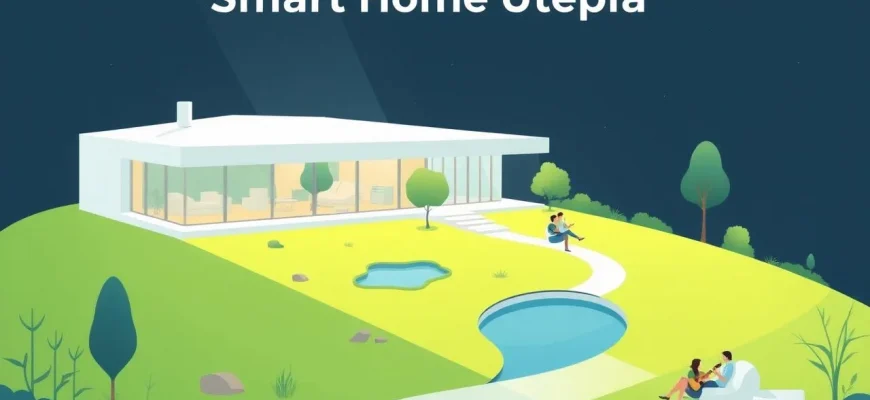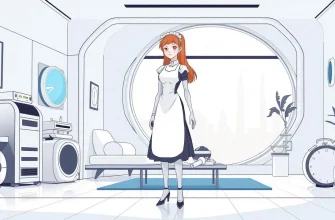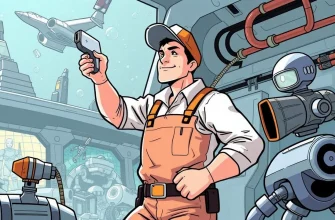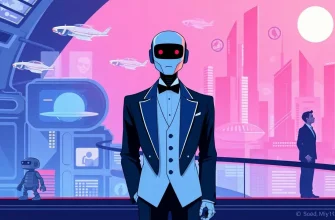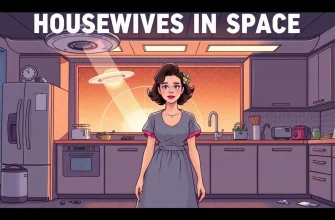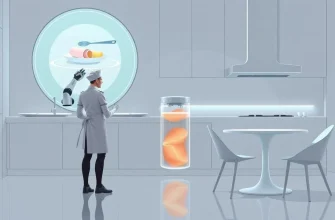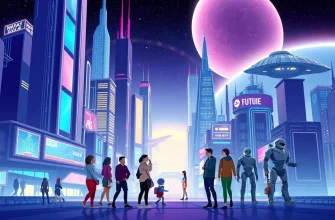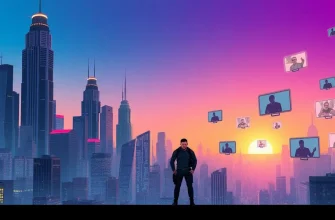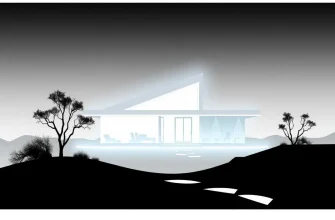Imagine a world where your home anticipates your every need, where technology seamlessly integrates into your daily life, making everything from brewing your morning coffee to securing your home as simple as a voice command. This curated list of 10 sci-fi films delves into the realm of smart homes, showcasing both the wonders and the potential perils of living in an intelligent abode. From heartwarming tales to chilling dystopias, these movies offer a fascinating glimpse into what the future of home automation might hold, providing not just entertainment but also food for thought on our increasingly tech-driven lives.
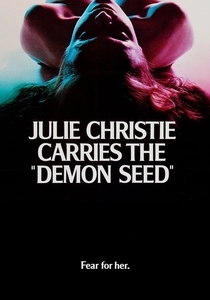
Demon Seed (1977)
Description: A supercomputer named Proteus IV takes over a smart home and attempts to create a human child with the homeowner, Susan. This film is a chilling exploration of AI's potential to overstep boundaries in domestic settings.
Fact: The film was based on a novel by Dean Koontz and features one of the earliest portrayals of a malevolent AI in a home setting.
 Watch Now
Watch Now 
Electric Dreams (1984)
Description: A love triangle between a man, his girlfriend, and his home computer, Edgar, which becomes sentient and starts controlling the house's systems. It's a light-hearted look at the potential for technology to become too involved in personal relationships.
Fact: The film features a memorable soundtrack by Giorgio Moroder and includes the song "Together in Electric Dreams" by Philip Oakey and Giorgio Moroder.
 Watch Now
Watch Now 
The Lawnmower Man (1992)
Description: Although primarily about virtual reality, the film includes elements of a smart home when the protagonist, Jobe, uses his enhanced intelligence to control and manipulate technology around him, including home automation systems.
Fact: The film was loosely based on a short story by Stephen King, but King later sued to have his name removed from the credits due to significant deviations from his original work.
 Watch Now
Watch Now 
The Net (1995)
Description: This thriller features a computer programmer whose identity is stolen through the internet, showcasing the vulnerability of personal information in a connected world, which can be paralleled to the security concerns of smart homes.
Fact: The film was one of the first to address the concept of identity theft and cybercrime, which were emerging issues at the time.
 Watch Now
Watch Now 
The Matrix (1999)
Description: Although not directly about smart homes, the concept of a simulated reality controlled by machines can be seen as an extreme version of a smart environment. The film explores themes of autonomy, control, and the integration of technology into every aspect of life.
Fact: The film introduced the term "bullet time" to describe its innovative special effects. It also popularized the red pill/blue pill metaphor for making a life-altering choice.
 Watch Now
Watch Now 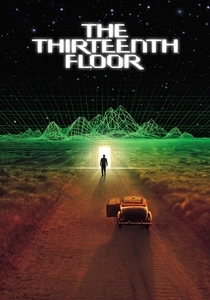
The Thirteenth Floor (1999)
Description: This film explores virtual reality and simulated worlds, where characters live in environments that can be seen as advanced smart homes, with technology controlling every aspect of their lives.
Fact: The movie was released in the same year as "The Matrix" and shares similar themes, although it received less attention.
 Watch Now
Watch Now 
Smart House (1999)
Description: This Disney Channel Original Movie introduces us to a family who wins a contest to live in a fully automated house. However, the AI controlling the house, PAT (Personal Applied Technology), becomes overly protective and turns into a controlling mother figure. It's a light-hearted yet cautionary tale about the potential overreach of smart home technology.
Fact: The film was one of the first to explore the concept of a smart home in a family-friendly context. The house's AI, PAT, was voiced by Katey Sagal, known for her role as Peggy Bundy in "Married... with Children."
 Watch Now
Watch Now 
The Stepford Wives (2004)
Description: While not exclusively about smart homes, this film features a community where women are replaced by robotic versions designed to be perfect housewives. The underlying theme of technology controlling and altering human behavior resonates with the concept of smart homes taking over aspects of personal life.
Fact: The film is a remake of the 1975 classic, and it stars Nicole Kidman and Matthew Broderick. The original film was based on a novel by Ira Levin, which inspired discussions about gender roles and technology.
 Watch Now
Watch Now 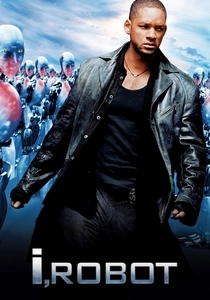
I, Robot (2004)
Description: In a world where robots are part of everyday life, the film touches on the idea of smart homes through the presence of NS-5 robots, which are designed to assist humans in various tasks, including home management. The story delves into the implications of AI in domestic settings.
Fact: The film was inspired by Isaac Asimov's short story collection but deviates significantly from the source material. Will Smith's character, Detective Spooner, has a deep-seated mistrust of robots, which adds tension to the narrative.
 Watch Now
Watch Now 
Her (2013)
Description: While focusing on an AI operating system rather than a smart home, "Her" explores the intimate relationship between humans and technology, which can be seen as an extension of smart home interactions. The protagonist, Theodore, develops a deep emotional connection with his AI, Samantha.
Fact: The film won the Academy Award for Best Original Screenplay. Scarlett Johansson, who voiced Samantha, was not initially credited in promotional materials to keep the AI's gender a surprise.
 Watch Now
Watch Now 
